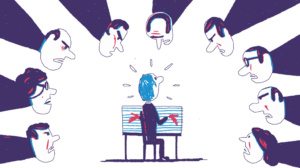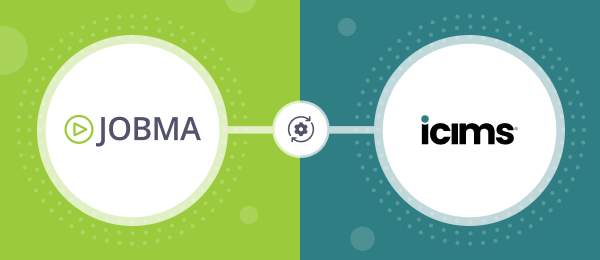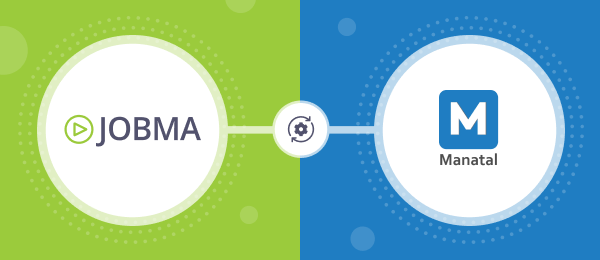Employers: Are you a scary interviewer?
Think about how you would feel when walking in to be interviewed. Would you feel intimidated by the formality of the room and the number of people present? Or would you feel at ease by the relaxed atmosphere? Paying attention to and being aware of the type of vibe you give off as an interviewer is important for finding the type of candidate you’re looking for. Let’s take a look more specifically at some interview tips for these two types of interviews:

The not-so-formal interview.
Although this type of interview isn’t informal, it definitely doesn’t have the intimidating vibe that a formal interview has. This type of interview makes the job candidate feel more relaxed and at ease. This type of interview may be created by:
- Letting the job candidate know ahead of time that business casual attire is just fine for the interview.
- Making small talk with the job candidate on the way to the interviewing room.
- Meeting at a coffee shop for the interview.
- Offering your background story about working for the company as a way to introduce yourself to the job candidate before the interview.
- Making the interview as conversational as possible, rather than just question-answer format.
- Sitting in a relaxed and comfortable position yourself.
The advantage of using this type of interview comes from its ability to relax the job candidate. If the job candidate is nervous, stressed, and intimidated, he/she may not offer as much information. Perhaps you’ll find that this type of interview is great for detecting certain soft skills, such as how personable and friendly a job candidate is.
The formal interview.
In contrast to the former, this type of interview is much more rigid and, perhaps, intimidating. This type of interview may be created by:
- Asking the job candidate to wear a formal business suit to the interview.
- Conducting the interview in a large conference room, in which you sit across from each other.
- Asking difficult questions and failing to give any body-language feedback.
- Not engaging in small talk before or after the interview.
- Remaining expressionless throughout the interview as the job candidate responds to your questions.
If it is important that your ideal hire can effectively deal with stress and think well under pressure, this interview may be advantageous to you. Based on how nervous this type of atmosphere makes the job candidates, you may also be able to infer which ones are better public speakers than the others. Lastly, if the position requires a high level of professionalism, this style may provide you with more insight into the job candidate’s ability to dress and speak like a professional.
Although one of these interview styles is not “better” than the other, it is important to understand which interview style you are using, as well as the effects it has on the job candidates and the advantages it offers. Perhaps you’ll realize that you’re actually a terrifying interviewer when you’ve been trying to conduct a more relaxed interview!
Note: Thank you to CareerBuilder for providing some of the information discussed in this blog post.



